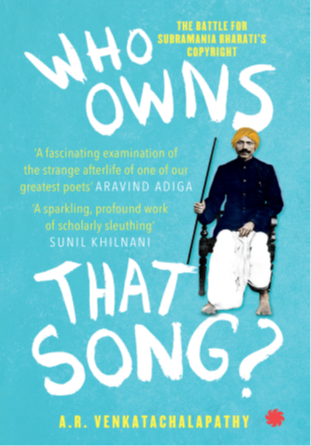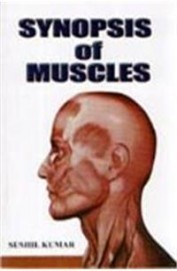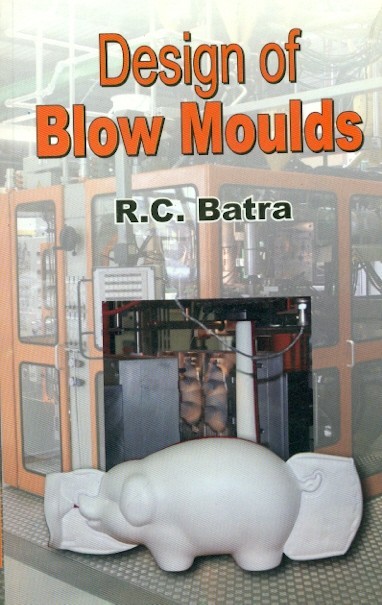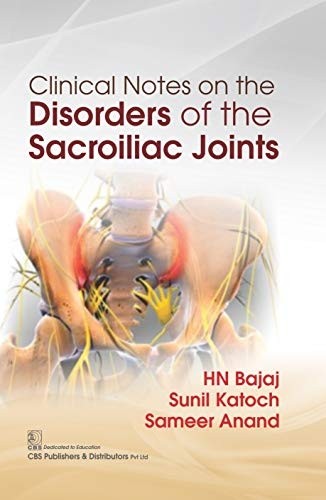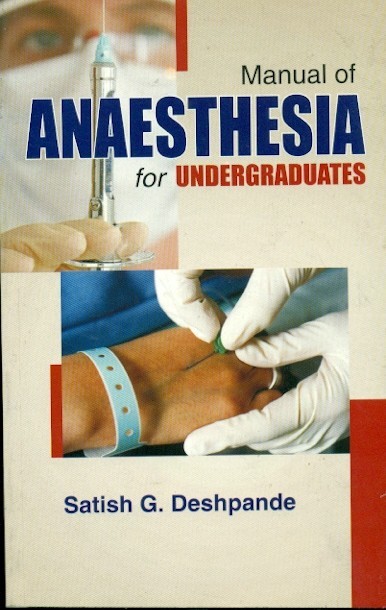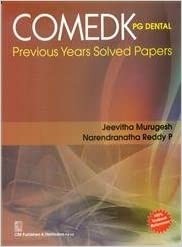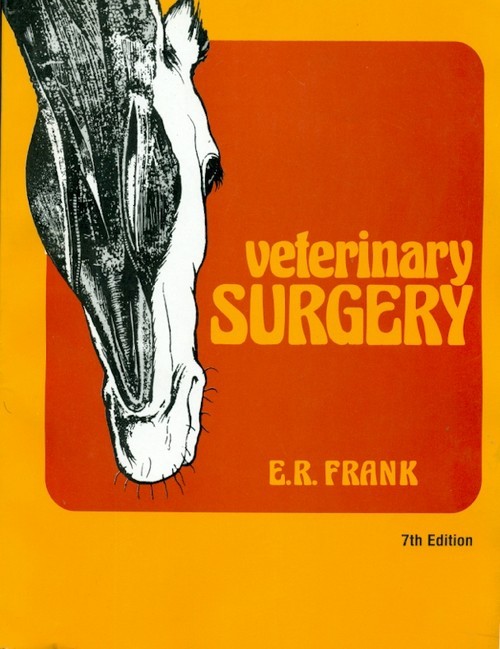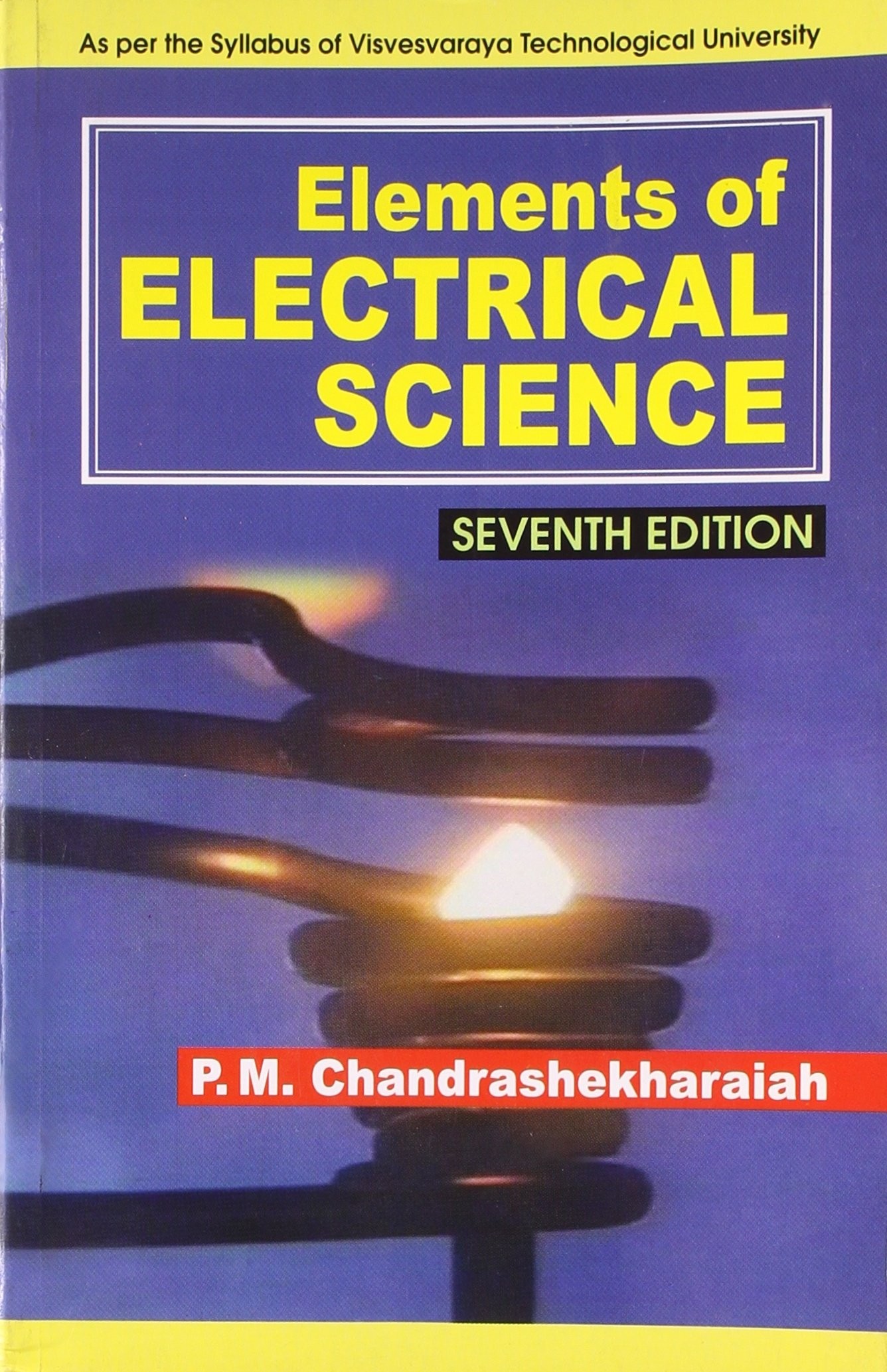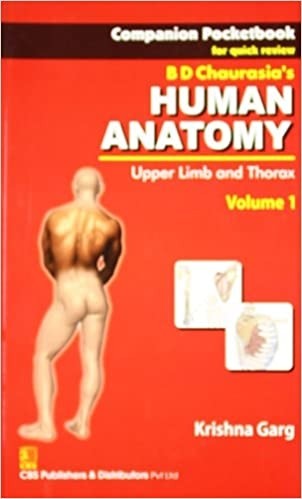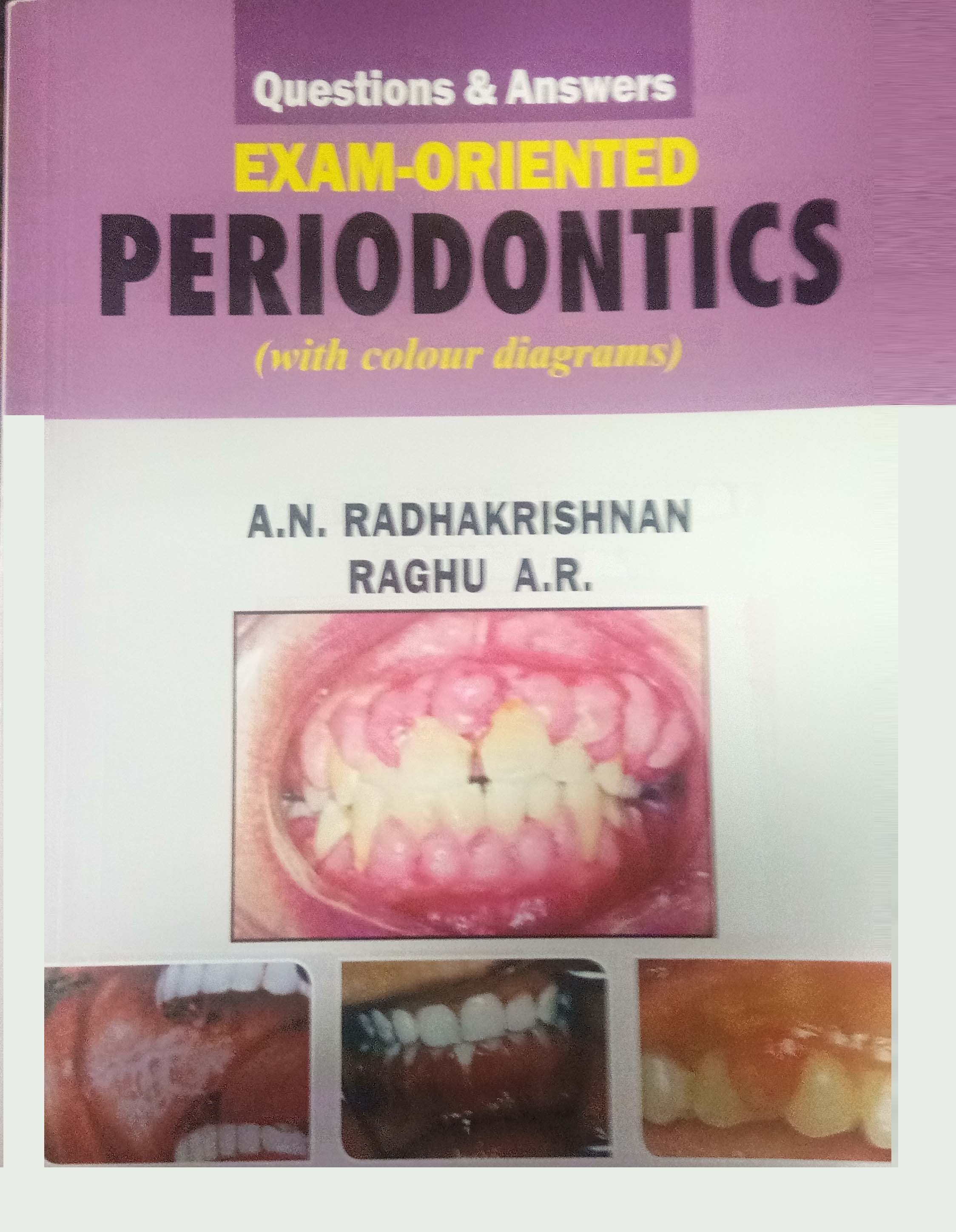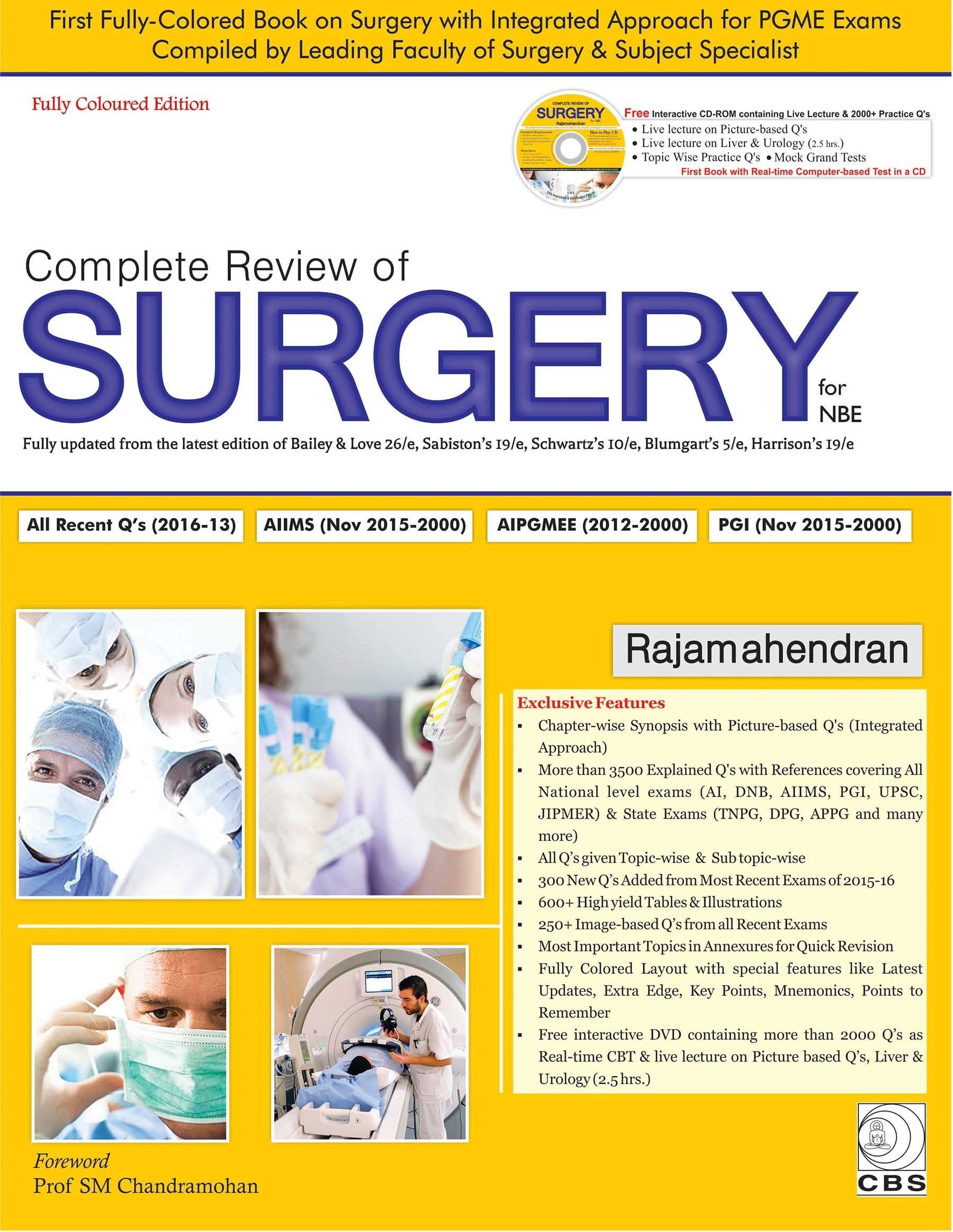Who Owns That Song?
A.R. Venkatachalapathy, historian, writer and translator, is a professor at the Madras Institute of Development Studies, Chennai. He has taught at universities in Tirunelveli, Chennai, Singapore and Chicago, and published widely on the social, cultural and intellectual history of colonial Tamil Nadu. ... Read more Read less
One of the greatest Tamil poets of all time, Subramania Bharati’s works were unrecognized during his lifetime. In 1921, when Bharati died in poverty, his widow sold his works to his half-brother. But in the wake of the music boom launched by gramophone records and the rise of the talkies, Bharati’s songs became commercially valuable. A powerful movie mogul, A.V. Meiyappan, bought the rights to Bharati’s works and when someone else used a Bharati song in his film, Meiyappan sued him. A controversy followed and there was a popular agitation demanding the nationalization of a writer’s work. After a series of legal
wrangles, the poet’s writings were nationalized and put into the public domain in 1949. In this book, A.R. Venkatachalapathy tells the fascinating story of this unique and dramatic episode, tackling its most challenging question: who does an artist belong to?
... Read more Read less
